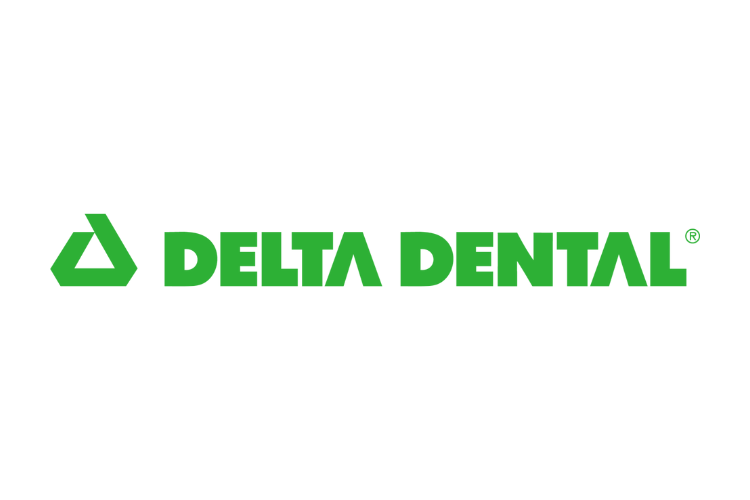Dental Plaque: Causes, Symptoms, Prevention, And Removal
Dental plaque is a biofilm that forms on teeth. On teeth, a bacterial film that is sticky and persistently forms. Plaque can become tartar, which is more challenging to remove, when it hardens.
Plaque and tartar can also lead to other problems like gum disease and tooth decay.
Plaque on the teeth is a common issue. Plaque can be detached from your teeth by brushing, flossing, and seeing the best dentist in Manassas, VA has to offer.
In the absence of removal, plaque turns into tartar. Cavities, gingivitis, and tooth loss are all caused by plaque. Plaque is removed and teeth are protected by routine dental exams.
Plaque can also accumulate on the gums and tooth roots, weakening the bones that support teeth. Tartar can develop from untreated plaque and is challenging to remove.
Plains can be removed by maintaining good oral hygiene, including daily brushing and flossing.
How Common Is Plaque?
Everyone has some degree of dental plaque. Plaque should feel fuzzy when it touches your teeth when you run your tongue over them.
Who Might Be More Vulnerable to Plaque Development?
Despite the fact that everyone gets a plaque, you might get more if you:
- eat or drink a lot of sweet or starchy things.
- a dry mouth brought on by drugs like antidepressants or conditions like Sjögren’s syndrome.
- have previously undergone head or neck radiation.
- smoke
What Causes Plaque To Form?
When they come into contact with oral bacteria, foods high in sugar or starch, such as milk, juice, soft drinks, bread, pasta, and fruit, can cause plaque. These microorganisms produce acids that dissolve the carbohydrates in food and drinks.
If you don’t brush your teeth right away after eating or drinking, plaque, a sticky, colorless film, may form on your teeth. Bacteria, acids, and carbohydrates make up its composition.
What Plaque Symptoms Are Present?
When your teeth feel fuzzy, that is the most obvious sign that you have plaque. Other indications include:
- ongoing bad breath (halitosis)
- gums that are tender, swollen, and bleed when brushed (gum disease)
What Problems Might Result From Plaque?
Plaque can develop into tartar if you don’t brush and floss daily. Dentists are the only ones who can remove tartar. Plaque and tartar can cause:
- cavities
- gingivitis and periodontal (gum) disease.
- chronic gum disease (periodontitis).
- decay and tooth loss
- a tooth’s decay (abscessed tooth)
How Plaque Causes Tartar To Form
Plaque buildup may have detrimental effects on health.
The bacteria in plaque produce acid by consuming the sugars in the foods you eat, which can damage your teeth and cause cavities. The bacteria also create toxins that irritate your gums and lead to periodontal disease (gum disease).
Tartar, a hard deposit, is created when the minerals in your saliva combine with the plaque on your teeth.
Tartar is also referred to as calculus. Like plaque, tartar can form above and below the gum line. Because tartar fosters a breeding environment for plaque bacteria, they can expand quickly.
Unlike plaque, tartar cannot be removed by brushing or flossing. Tartar from the teeth is removed or picked off during scaling, and polishing helps the teeth become smooth and shiny afterward.
How Can Plaque Be Recognized?
Your dentist or dental hygienist will use instruments during routine dental exams to find and get rid of plaque. Plaque can cause cavities. To check for cavities, dentists may also take X-rays of the mouth. You can also undergo a dental cleaning in Manassas.
How Is Plaque Managed or Treated?
Maintaining good oral hygiene, including routine brushing and flossing, plaque is removed, and tartar buildup is avoided. During an examination, your dentist will clean the plaque and tartar from your teeth. Your provider might also suggest:
- dental sealants stop plaque from forming on the top chewing surfaces of teeth
- medications to treat dry mouth that also increases saliva
- fluoride treatments to prevent tooth decay and slow the development of plaque-causing bacteria
- either prescription toothpaste or mouthwash (chlorhexidine)
What is the Prognosis For People with Plaque?
Everyone carries oral bacteria that cause plaque. With proper oral hygiene, plaque can be removed, and serious dental problems can be avoided.
Because plaque can cause gum disease, tartar, and cavities, regular dental exams are imperative. If plaque and tooth decay are not identified and treated, you could develop a painful gum infection or lose teeth.
Conclusion
On teeth, dental plaque, a bacterial film, is constantly forming. It is the primary contributor to gum disease and tooth decay. Regular brushing and flossing can remove plaque, but if it isn’t, it can harden into tartar, which can only be removed by dental care in Manassas.
Royal Dental is a state-of-the-art dental office in Manassas, Virginia, specializing in the cutting-edge diagnosis and treatment of dental and oral conditions. In every area, we offer comprehensive dental services. All services are provided with the best dental technology and in a luxurious, calming environment. All new patients receive a no-cost oral health consultation. Book an appointment for a dental cleaning in Manassas.
Dr. Maha Enin, DDS
Dr. Maha Enin believes in providing the highest level of comprehensive quality care to all patients at Royal Dental Family & Cosmetic Dentistry. With 20 years of experience in dentistry, Dr. Enin also volunteers her free time at a dental clinic for families in the Manassas, VA community.













